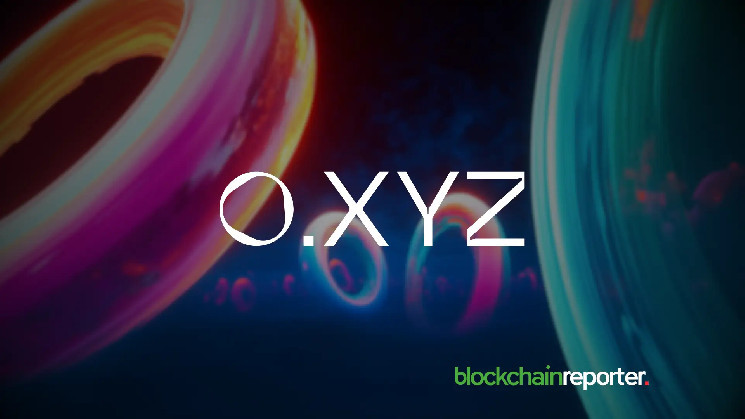O.XYZ has recently obtained a substantial investment from Ahmad Shadid, founder and former Chief Executive Officer (CEO) of IO.NET. The investment focuses on the development of the world’s earliest Decentralized AI Managed Organization (DeAIO).
This project will reportedly operate under O.XYZ as a revolutionary framework offering a self-governing AI mechanism. The development of this project will provide freedom from the prevailing corporate dominance. In this respect, the project will deliver a shutdown-resistant autonomous superintelligence led by community engagement.
IO.NET Founder Allocates $130M for O.XYZ to Establish Earliest DeAIO
Ahmad Shadid has reportedly invested up to $130M in O.XYZ denotes a remarkable achievement. Particularly, it signifies a major departure from the conventional models of artificial intelligence (AI) development that run under the tech giants. Shadid has successfully led IO.NET to a significant valuation of nearly $4.5B.
In his statement, Shadid emphasized the use of Super AI to solidify the common masses. As per him, the development of this project will guarantee the utilization of cutting-edge technology for humanity rather than shareholder profits. The revolutionary framework of the DeAIO focuses on redefining AI development and governance.
The unbiased AI body “AI CEO” lies at the core of this project. This entity oversees decisions, coordinates a diverse contributor set, and accelerates development. DeAIO guarantees the sharing of artificial intelligence (AI) decisions with the stakeholders and community members. Hence, the contributors are allowed to vote and veto the decisions of the AI CEO. This prompts alternative solutions to fulfill the collective objectives.
Fund Enhances AI Accessibility and Transparency Led by Community
According to O.XYZ, Shadid’s investment assists in its venture into redefining AI with the development of autonomous systems. Thus, it gets noteworthy support in increasing the accessibility, transparency, and community-driven aspects of AI. Ultimately, the move paves the way for an inclusive and decentralized epoch marked by freedom from centralized control.

